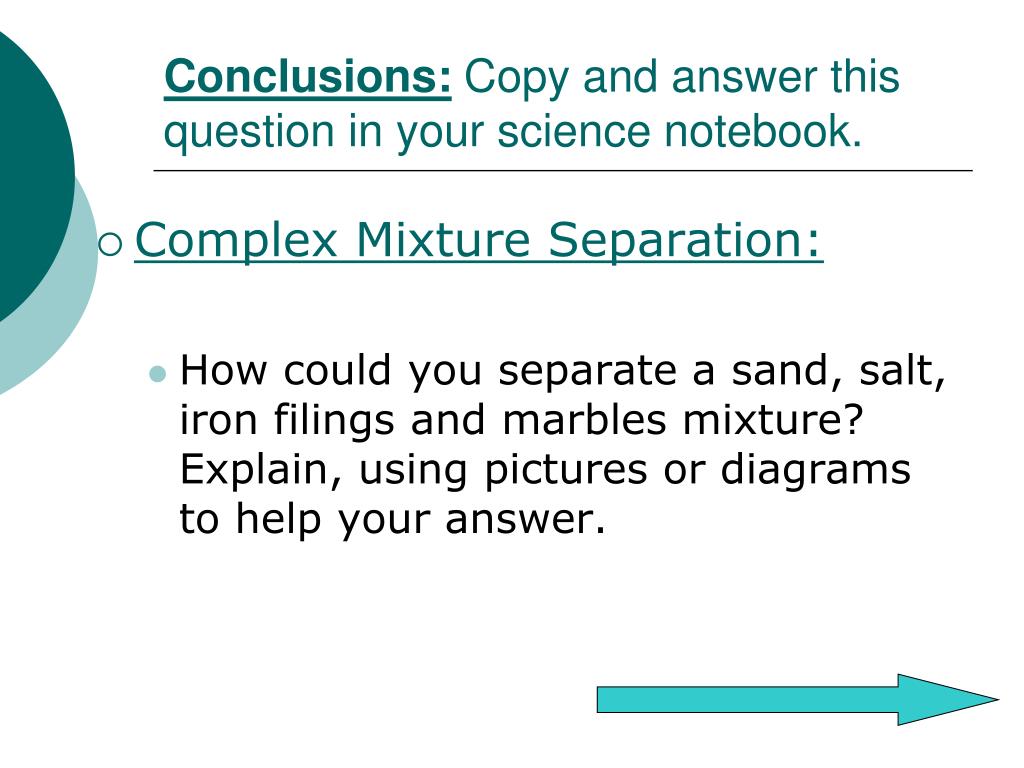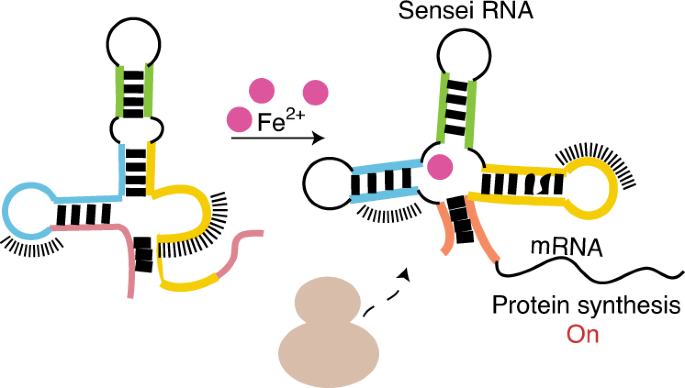Debate On Salt And Iron Summary

The debate revealed the clear divisions between the realistic legalists in power and the principled scholars who wanted reforms.
Debate on salt and iron summary. For the modern economic analysis of the social loss involved with the creation of protected monopolies see monopoly. The learned men responded. The minister believed that the salt and iron monopolies would help improve the financial situation in china at that time and. Whether or not the monopolies on salt iron grains and other primary commodities vested in emperor chao should end so that the majority of the people will be encouraged to pursue farming and not secondary occupations such as craft trades all quotes from minister sang hung yang and the learned men are from huan kuan s abridgement of the debates on salt and iron though the salt and iron.
The debate was recorded and published as the debate on salt and iron. The discourses on salt and iron chinese. Yán tiě lùn was a debate held at the imperial court in 81 bce on state policy during the han dynasty in china the previous emperor emperor wu had reversed the laissez faire policies of his predecessors and imposed a wide variety of state interventions such as creating monopolies on china s salt and iron enterprises price. The debate took place in the court of the han emperor zhao in 81 bce.
This debate is a valuable window on the social philosophy and public policy beliefs in ancient china. Recently a system of salt and iron monopolies a liquor excise tax and an equable marketing system have been established throughout the country. A record of the debate on salt and iron introduction this document records the arguments made by the two sides in a debate on government fiscal policy during the former or western han dynasty 206 bce 8 ce.
















